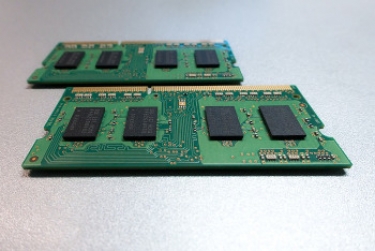The ban came to light on Sunday, with the regulator saying Micron had failed a network security review, according to a Reuters report.
Micron chief financial officer Mark Murphy told a conference on Monday: "We are currently estimating a range of impact in the low single-digit percentage of our company's total revenue at the low end, and high single-digit percentage of total company revenue at the high end."
The US Commerce Department criticised the move as being inconsistent with China's assertions of opening up markets and being committed to a transparent regulatory framework, according to a report in the Global Times, a newspaper that reflects official Chinese opinion.
|
|
"Nowadays, China's memory chip sector can achieve almost 100% localisation, while domestic companies only need to strengthen stability in certain high-end production lines," he was quoted as saying.
Chen pointed out that Micron earned about 11% of its annual global sales from China in 2022, down from a peak of about 60%.
Tech analyst Ma Jihua said the US has been citing national security in order to carry out various reviews of Chinese companies and adding them to its entity list. So the US "is not qualified" to say anything about China's review, he added.
"As Micron's market share in China is shrinking, whether South Korea and other foreign manufacturers will make up for the vacuum left by Micron in the Chinese chip market remains to be seen," Ma said.
About 30% of the domestic demand for memory chips is met by Chinese companies. Ma said if South Korean and US firms decided to withdraw from China, domestic firms could quickly meet demand.











































